News in Brief
-
 Earth
EarthBeware of rockfalls in warm weather
Cracks in cliff faces grow and shrink as temperatures warm and cool, new research shows.
-
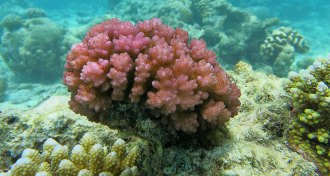
-
 Genetics
GeneticsZika may have flown to Brazil in 2013
The brand of Zika currently floating around the Americas traces its origins to Asia and may have arrived in Brazil by air as early as 2013.
-
 Astronomy
AstronomyCompanion star could have triggered supernova
An exploding star in another galaxy might have been pushed over the edge by a stellar companion.
-
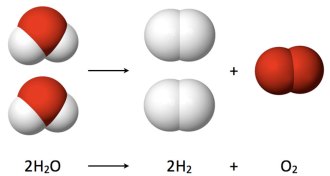 Physics
PhysicsNew type of catalyst could aid hydrogen fuel
A substance that can switch states might make an efficient catalyst for extracting hydrogen from water.
-
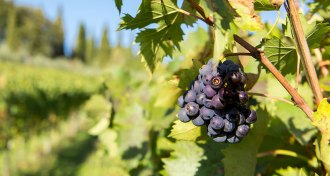 Agriculture
AgricultureClimate change threatens quality of French, Swiss wines
Wine quality could suffer as climate change desynchronizes warm temperatures and droughts, preventing grape growers from harvesting at the optimum time.
-
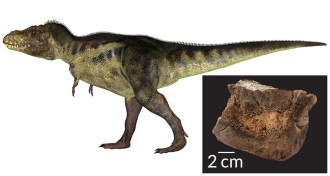 Paleontology
PaleontologyHow to tell if a T. rex is expecting
A “pregnancy” test for tyrannosaurs relies on chemical analyses of medullary bone, a reproductive tissue found in female birds.
By Meghan Rosen -
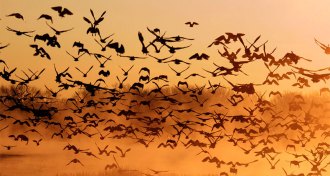 Physics
PhysicsLike birds of a feather, sperm flock together
Studies of sperm show that they swim in groups because of the elasticity of the mucus they travel through.
-
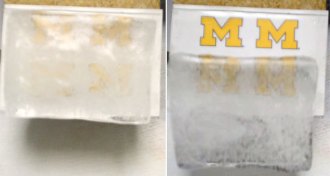 Materials Science
Materials ScienceNew process encourages ice to slip, slide away
Researchers discover new process for making durable ice-phobic materials.
-
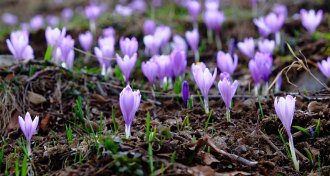 Climate
ClimateEarlier blooming intensifies spring heat waves in Europe
The early arrival of spring plants due to climate change amplifies springtime heat waves in Europe, new climate simulations suggest.
-
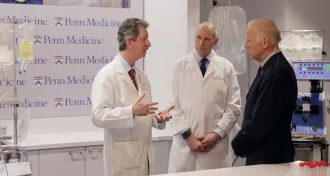 Health & Medicine
Health & Medicine‘Cancer moonshot’ launch prep under way
Details are trickling out for the president’s proposed “cancer moonshot,” but plan for launch is still months off.
By Laura Beil -
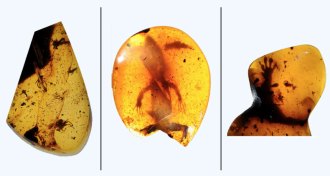 Paleontology
PaleontologyLizards locked in amber provide clues to reptile evolution
Amber-encased lizard remains that date to 99 million years ago may shed light on the evolution of geckos and chameleons.